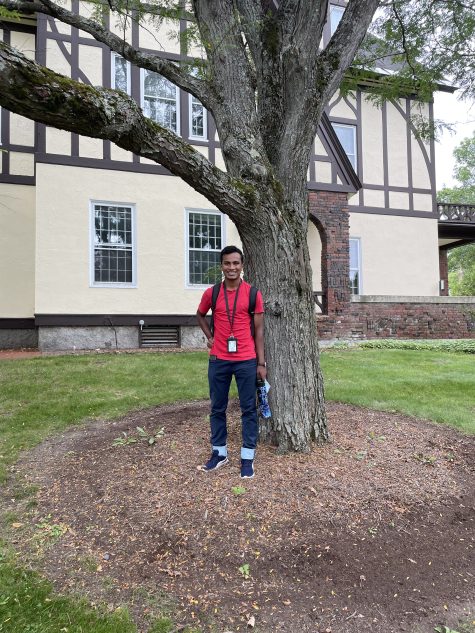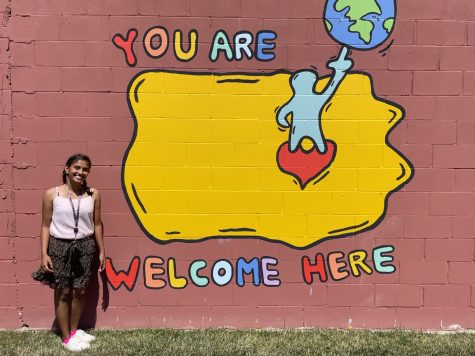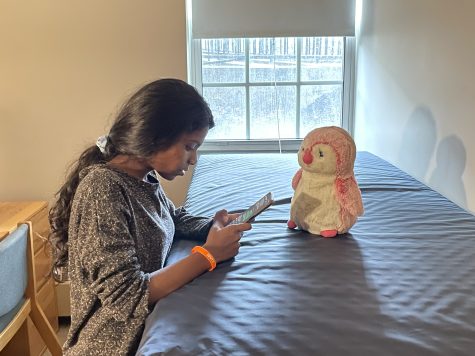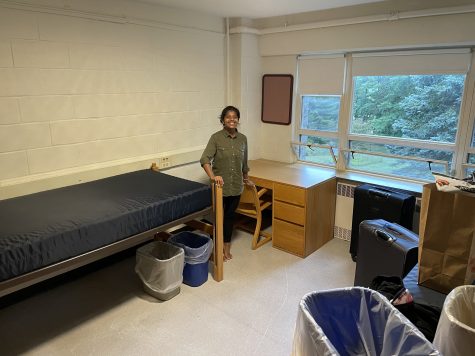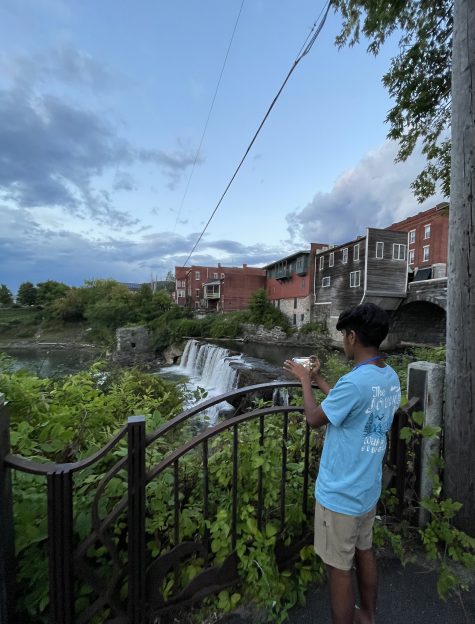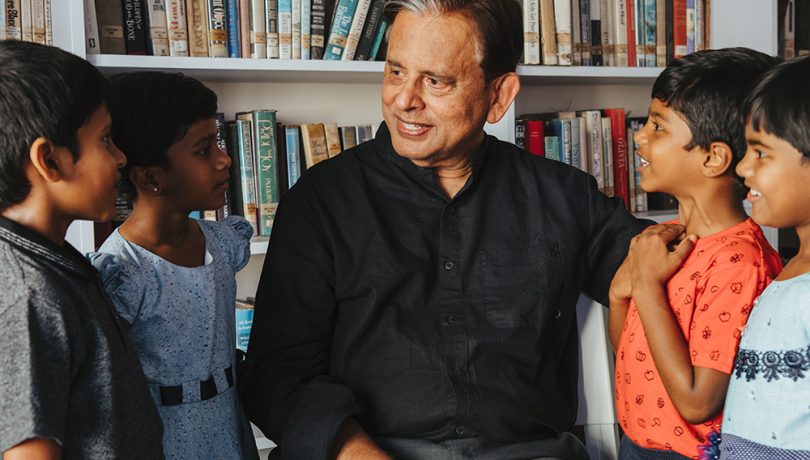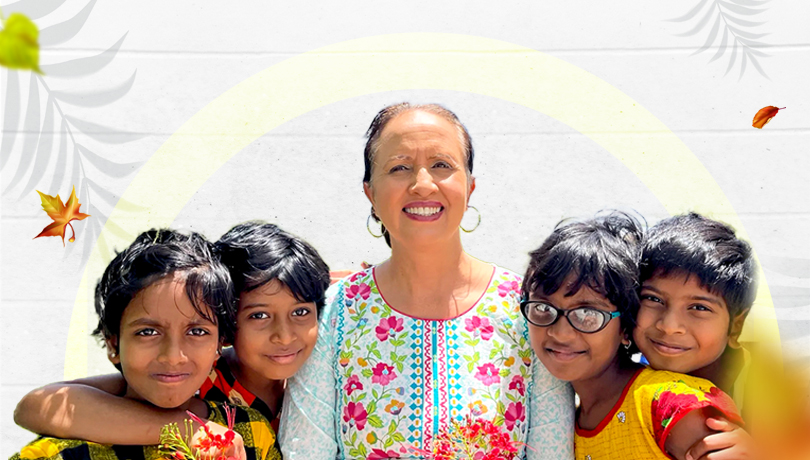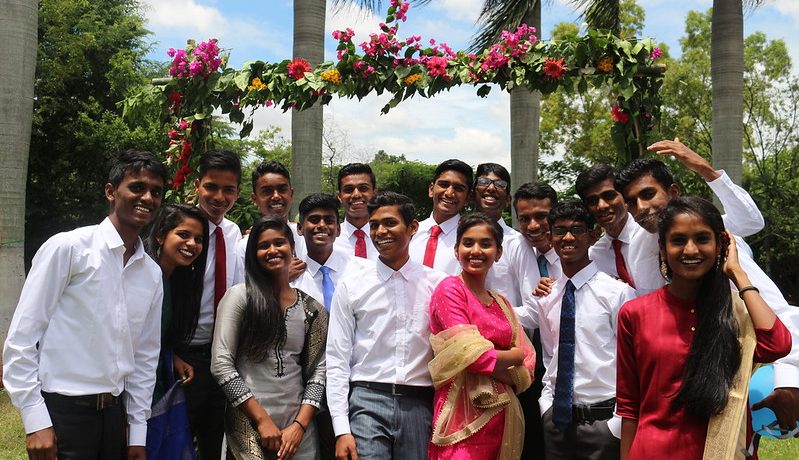
Walking down the shampoo aisle with a college student who had recently arrived in the US, watching her smell the countless fragrances of shampoos intended to treat a variety of hair concerns, I smiled when she asked, “Miss, why are there so many choices?”
“I don’t know,” I said. “It’s ridiculous, isn’t it? Welcome to America.” We laughed.
Who knows a single person who has gone to college that has not spoken about the significance of that experience, especially the first year? For those who have never lived away from home, it can be quite jarring in the beginning. Suddenly, many things a parent or guardian once ensured become the teenager’s responsibility: housekeeping, going to bed at a reasonable hour, eating enough. And eating healthy? Well, that’s another challenge altogether.
For Shanti Bhavan students, going to college in the United States presents a broader set of obstacles, such as adjusting to a new culture with an entirely different set of academic expectations, learning the nuances of “codeswitching,” and helping classmates pronounce their names correctly. I recall an anecdote one student recently shared where she gave a good-natured laugh in response to a classmate asking her, “Do you speak Indian?” Another student with a traditionally Western-sounding name was far less amused when students repeatedly asked what his real name was. He didn’t understand why people assumed his name, given to him at birth, did not actually belong to him.
“Codeswitching”: the modifying of one’s speech, behavior, appearance, etc., to adapt to different sociocultural norms.
There are plenty of good things to report, of course. I’ve witnessed numerous instances of awe and wonder while helping our newly arrived college students settle in. Students often remark on the beauty of their college campuses and how quiet and peaceful it feels there. They sometimes can’t believe all the choices available in the dining halls. They are astounded by the friendliness of their college professors and other staff on campus. However, even with all the excitement around living in a new country, there is no doubt it’s an overwhelming experience.
The same summer as the shampoo incident, I visited another student just a couple of weeks after he arrived at college. He hadn’t done any laundry yet; I realized he was waiting for me to visit and show him how to use a washing machine and dryer. He paid careful attention as I showed him each of the steps. “I’ll try to remember this,” he laughed nervously. I felt ignorant at that moment. This was not something that had even crossed my mind as an additional stress to his already burdened cognitive load. The truth is, our students are not simply adjusting to life in college. They are adjusting to life outside of Shanti Bhavan. This is true for students who pursue their college degrees in India as well.

A couple of years ago, Shanti Bhavan created a “college readiness” course to proactively address some of these experiences students would certainly have abroad. In addition to discussing US culture, our students are exposed to topics such as avoiding plagiarism, finding credible sources, and properly citing those sources. Because of the feedback received about this course and its efficacy, Shanti Bhavan has also implemented a similar curriculum for students who will pursue their undergraduate degrees in India. It, too, has garnered a lot of positive feedback from the high school seniors. Even with the course’s success, however, there is no substitute for the real thing. Only in going to college and living away from Shanti Bhavan–and stumbling plenty along the way–will students truly understand these experiences.
In reflecting on his first year of college, one student recently wrote to me:
“In the face of so much transition and feeling uprooted, I discovered my inner strength, resilience, and adaptability. I learned to navigate the complexities of a new environment, make independent decisions, and solve problems autonomously. Moreover, this experience taught me the importance of embracing the highs and lows of any journey.”
In June 2023, students from our thirteenth graduating class will make their way to college. They will adjust to a new style of lectures and learning. They will make friends outside of their Shanti Bhavan family, maybe for the first time in their lives. They will probably cry a lot. But one year from now, they will be finished with their first year of college. They will look back and–like the student above—see how much they grew as the result of their newfound independence and the many, many choices they were suddenly responsible for making—shampoo or otherwise.
